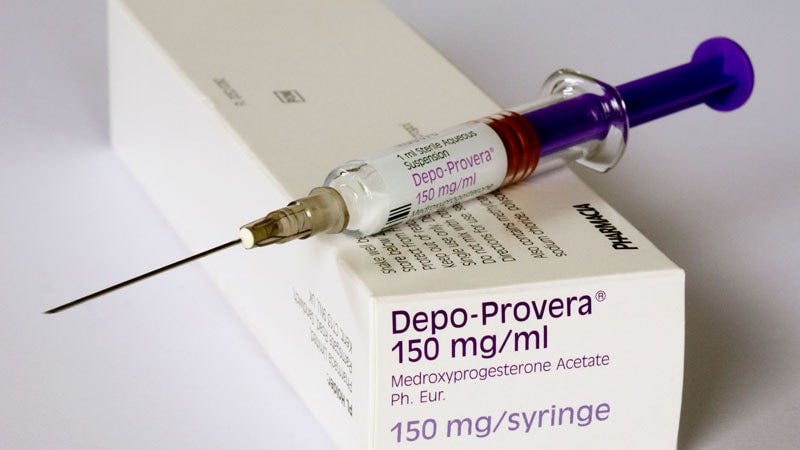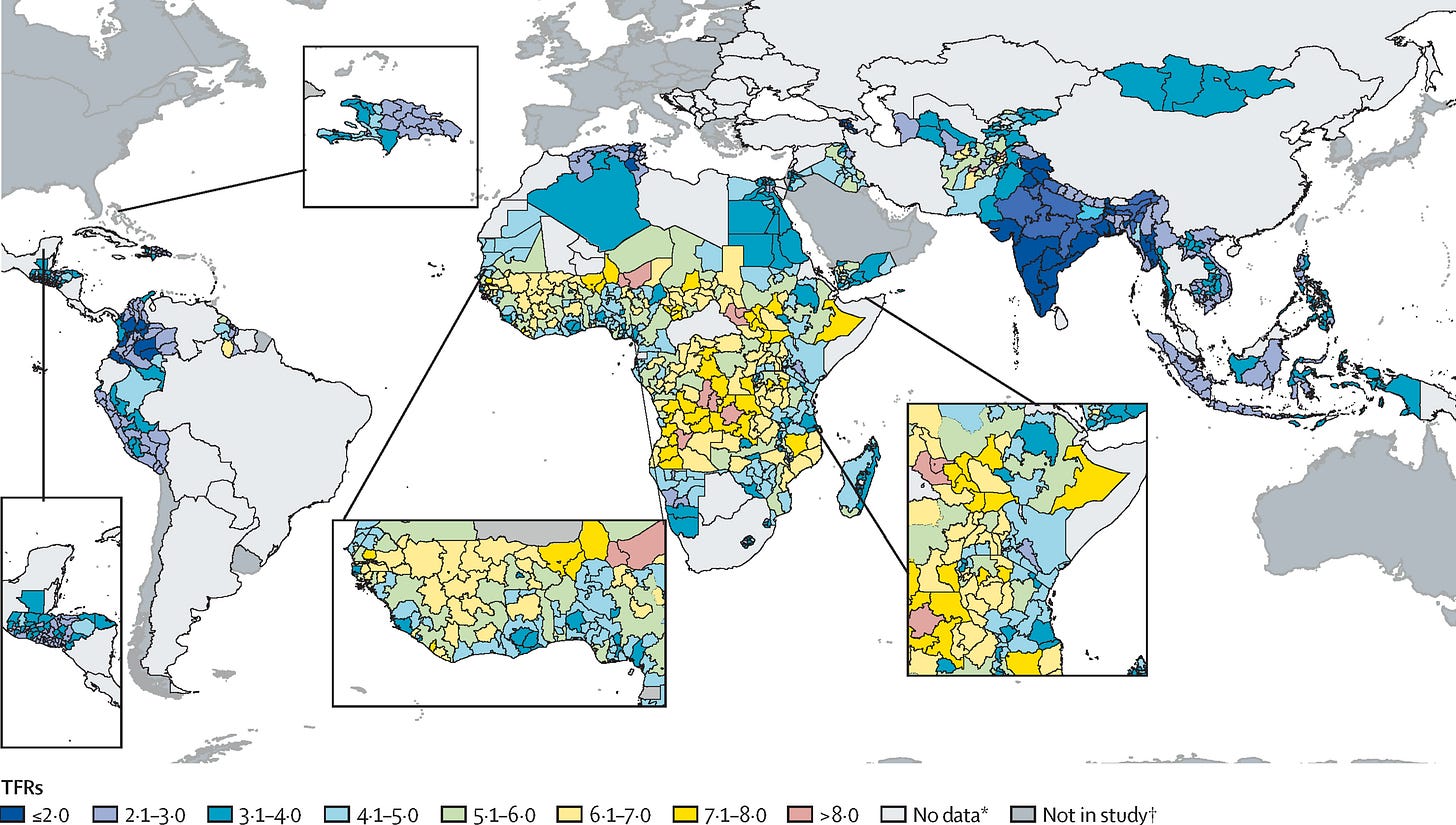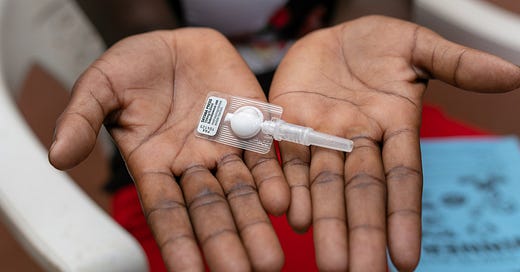Sayana Press: Rethinking contraception through design
Delivering of 320 million doses of self-injectable birth control through 2030
“This would be so popular here. Girls have sex to pay for their phone cards.”
I was showing the my Airbnb host in Kampala, Uganda the Sayana Press — a self-injectable, single-dose, progestin-only birth control that lasts for 3 months.
A major innovation in birth control delivery method
Existing birth control pills has three major problems:
Room for human error. It’s hard to remember to take it every day.
It’s obvious and not discreet. Partners can find the packs and become upset that their partner is taking birth control.
It only lasts a month at a time
Typically, if you want want longer lasting birth control, you need intervention from a doctor (e.g., IUD lasts 5-10 years, Nexplanon lasts 3-5 years) to administer.
You can also get a shot of Depo-Provera which can last 3 months.

We can see why these issues pose a major problem for hundreds of millions of women in low- and lower-middle income countries and why TFR remained high.

Pfizer, CIFF, and the Bill and Melinda Gates Foundation recognized these behavioral, delivery, and access problems and worked together to create, fund, and guarantee volume and price for the Sayana Press which is:
Compact and discreet
Lasts 3 months (reduces human error) with a lower dose formulation of DPMA
A woman can take home a year’s supply (4 doses) at one clinic visit
Self-injectable — allows for at-home injection without a medical professional. Women typically inject it on their upper thigh or belly
The consortia of funders guaranteed the Sayana Press at US$1 per dose initially and eventually brought the price down to US$0.85 per dose. The goal is to enable delivery of 320 million doses through 2030.
The Sayana Press is Subcutaneous DMPA1 in Uniject — a single-use, disposable, pre-filled syringe originally developed for vaccine delivery in places where there were insufficient medical workers.
The innovation of the Uniject reminds me of Tasso — a blood collection system originally developed to help extract blood from kids who were afraid of needles.
It uses a vacuum-assisted collection method to collect blood near painlessly.
The startup Generation Lab which promises to give you your biological age from a small blood sample utilizes Tasso.
I heard from a number of customers that its blood extraction method (with Tasso) was a major selling point for purchasing the solution. The customer could extract their blood painlessly and at home, without needing to visit a clinic.
I look forward to seeing more startups use technology like Tasso and consortia supporting moonshot projects to solve problems from first principles
Depot Medroxyprogesterone Acetate










